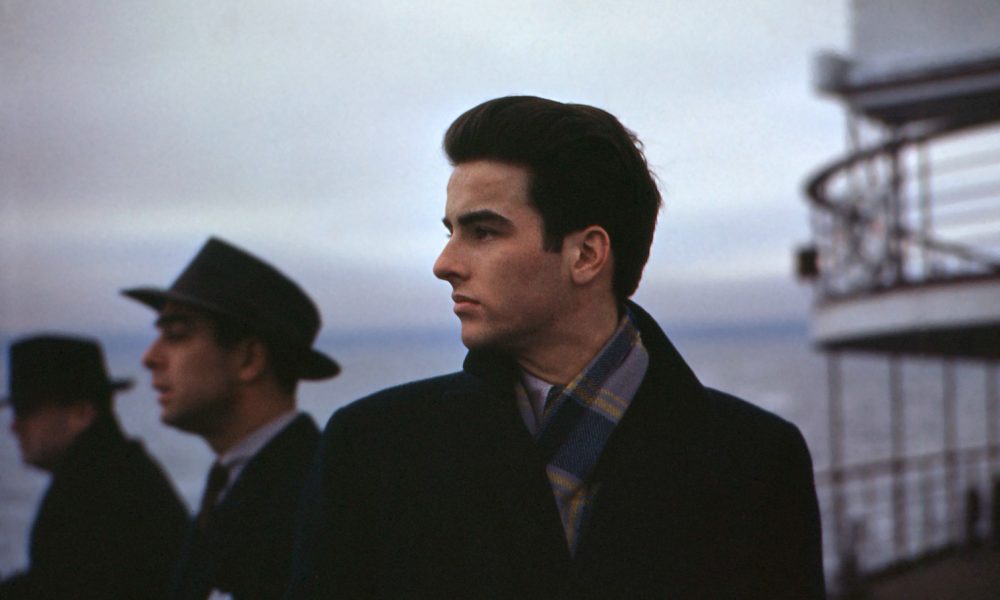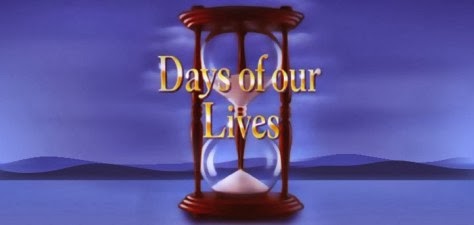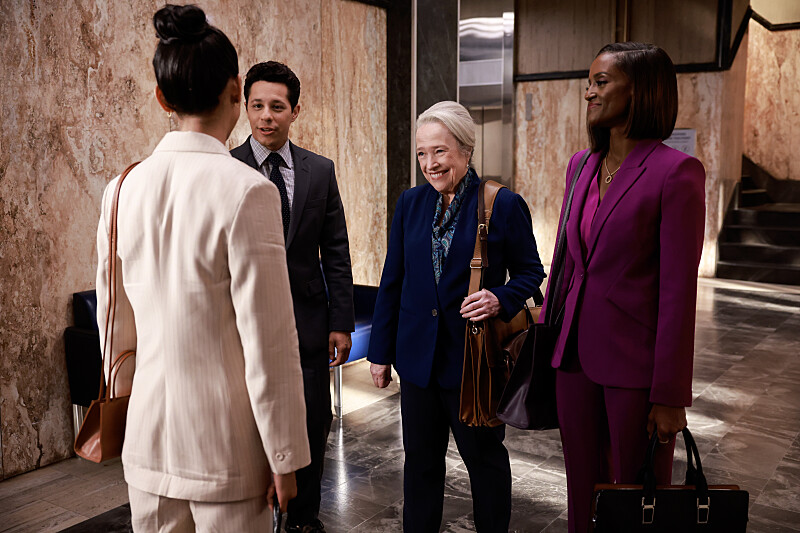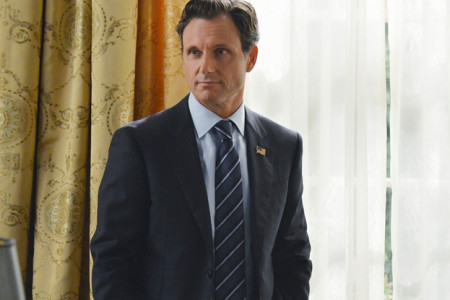‘Making Montgomery Clift’ Documentary Tells A Different Side of The Hollywood Star

The “Making Montgomery Clift” documentary tells the other side of the four-time Academy Award-nominated actor. Clift appeared in two of this reviewer’s favorite movies of all time, “From Here To Eternity” and “The Heiress.” Thorough his Hollywood good looks and unusual Hollywood standards, the film works to tell the story of the Montgomery Clift – the one rarely known.
Directors Robert Clift (his nephew) and Hillary Demmon delve into a rich archive of materials left behind by Montgomery Clift and his brother Brooks, wrestling with questions of family, legacy, representation and who ultimately gets to say what a person’s life is allowed to mean. Thorough the memorabilia collection from Robert’s father Brooks which includes audio recordings of phone conversations, home movies press clippings, magazine covers, movie props and virtually everything that was ever written about the star.
There are interviews with his close friend Jack Larson, and biographer Patricia Bosworth, and audio interviews with close friend Lorenzo James, all who offer insights based on their experiences with Clift. These accounts from those who knew him best offer a strong debate to the idea he wasn’t on a suicide mission and he was in control of his life.
The Hollywood myth often told by the gossip columns of that time, is that Montgomery Clift had a slow suicide from drugs and alcohol abuse from having to deal with his homosexuality, which other killed careers and kept many stars closeted back in the day.
The family archives paint a different picture. We hear stories of a funny, man and in his own words a man who loves life and doesn’t appear to self-destruct at all over this personal life, but from the Hollywood politics that threatened his career.
Several attempts to make a biopic about his life, including an HBO project never came to fruition but with the documentary, many can see Montgomery Clift beyond the myth.
Little known facts about Montgomery Clift.
He made his first film at 28.
He turned down starring in such Hollywood classic films as “Sunset Boulevard,” “East of Eden” and “On The Waterfront.”
He didn’t have a standard Hollywood contract, something unusual in 1940’s and 1950’s Hollywood.
He often lobbied and won script approval for many of his films.
His fight with director John Huston over the making “Judgement at Nuremberg” troubled him deeply. He didn’t work for years after a lawsuit that threatened his career.
The feud with Huston is believed by the Clift Family to be the source of Clift’s emotional conflict.
In all, the filmmakers do a brilliant job of showing a look behind the scenes of an ordinary man who just happens to be a film icon.
“Making Montgomery Clift” is currently making the film festival circuit. For more info, visit: The Making Montgomery Clift Facebook page.











